The partial ceasefire plan for the Russia-Ukraine conflict agreed upon on Tuesday during a phone call between Russian President Vladimir Putin and United States President Donald Trump has received a mixed reaction from global political leaders and experts.
Both sides published statements following the conversation, described by the White House as the first step in a "movement to peace", which agreed on a limited ceasefire against targeting infrastructure and energy facilities, but did not address a full cessation of the conflict.
The Kremlin's statement contained a list of demands to avoid escalation, which included a total stop to foreign military and intelligence assistance to Ukraine.
Foreign Ministry spokeswoman Mao Ning said that China is "glad to see all efforts that lead to a ceasefire and believes that this is a necessary step to realize peace".
In an online briefing after the call, Ukrainian President Volodymyr Zelensky said he welcomed the proposals as Ukraine supports any proposals that would lead to a lasting and just peace.
On Wednesday, Zelensky and Trump held a phone conversation that lasted roughly one hour, with much of it focused on Trump's discussion with Putin.
In a social media post, Trump said the call was to "align both Russia and Ukraine in terms of their requests and needs" as he seeks to bring about a ceasefire between the two countries. "We are very much on track," he added.
Earlier on Wednesday, Moscow and Kyiv accused each other of launching air attacks that damaged infrastructure just hours after their leaders agreed in principle to the limited ceasefire to halt attacks on energy infrastructure.
Zhang Hong, a researcher at the Institute of Russian, Eastern European and Central Asian Studies of the Chinese Academy of Social Sciences, said a key point of contention during the U.S.-Russia talks was that the two negotiating parties had divergent preferences regarding the pace and desired outcomes of the peace process.
"The U.S. seeks a swift resolution, while Russia emphasizes sustainability. Trump aims for an unconditional and rapid ceasefire, but Russia insists on a guaranteed, sustainable one, leading to asymmetrical demands," Zhang said.
"Russia wants to address all issues at once, but neither Trump nor Ukraine is ready for this."
The limited focus of the ceasefire seems to have been tactical. "Ukraine's strikes on Russia's energy facilities have disrupted Russia's economy, while Russian bombing has left Ukraine with power shortages. Both sides have suffered … leading to a consensus to stop them," said Zhang.
"However, the ongoing fighting shows that the pause in targeting infrastructure is mainly to address civilian needs. The two sides haven't reached an agreement on more intense issues such as the military conflict and security," he added.
Russia has dismissed the suggestion of any European involvement in peace talks, and European Commission Vice-President Kaja Kallas said she is skeptical about Moscow's desire to end the conflict. "If you read the two readouts from the call, it is clear that … Russia does not really want to make any kind of concessions," she told reporters in Brussels.
Phillips O'Brien, professor of strategic studies at the University of St Andrews, said on social media platform X: "Trump and Putin are carving up Ukraine and making fundamental decisions on the future of Europe — and not a single European leader is taking part in the call".
In a video posted on X, Ian Bremmer, president of risk research and consultancy the Eurasia Group, was slightly more measured, calling it "a win for both sides, for the Americans and the Russians, and not horrible for Ukraine and Europe".
Although the 30-day ceasefire proposal did at least offer hope of some temporary respite, Bremmer said, in the long run, resolving the situation was still going to be extremely challenging.
"The working-level conversations between the U.S. and Russia, between the U.S. and Ukraine, are going to be far more difficult, and they're probably not going to hold," he said. "It feels a little bit like what we have in Gaza — relatively easy to get the first iteration of a deal in place where no one's really giving anything up, but as you go into the second phase, you find that the fundamental interests don't actually overlap."
Zheng Wanyin and agencies contributed to this story.





















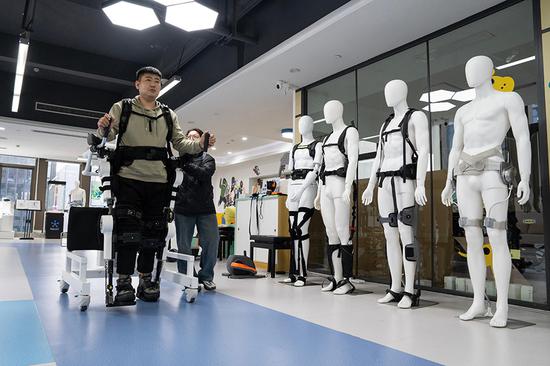


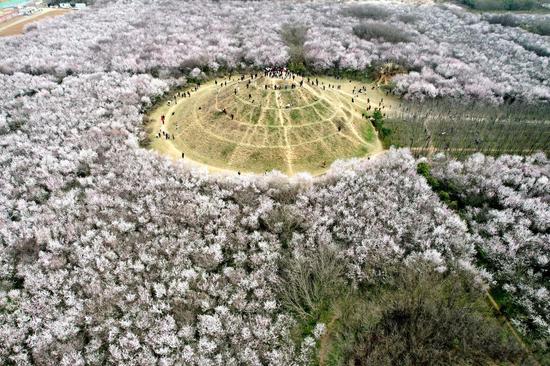



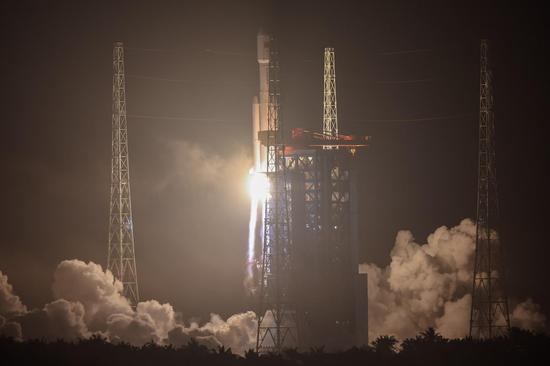


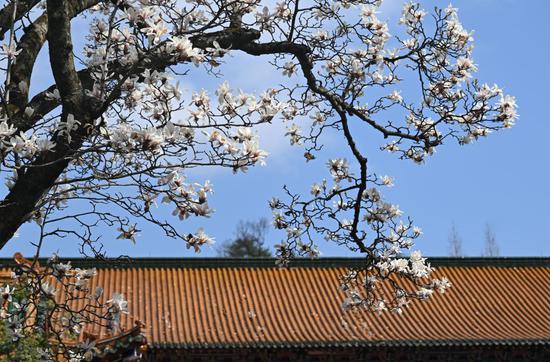

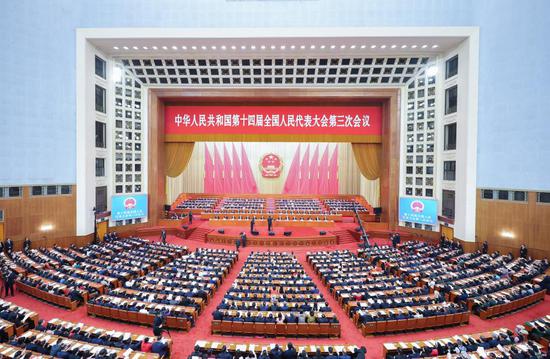

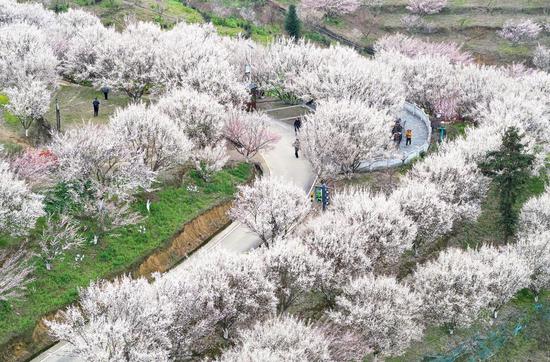

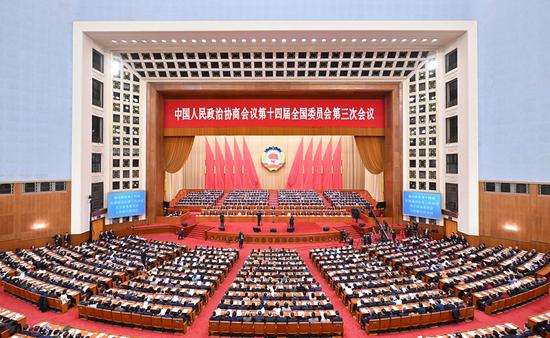
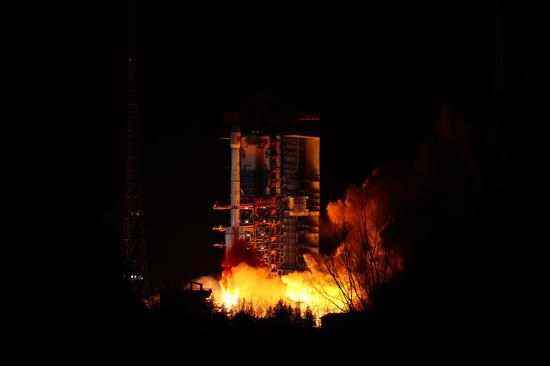

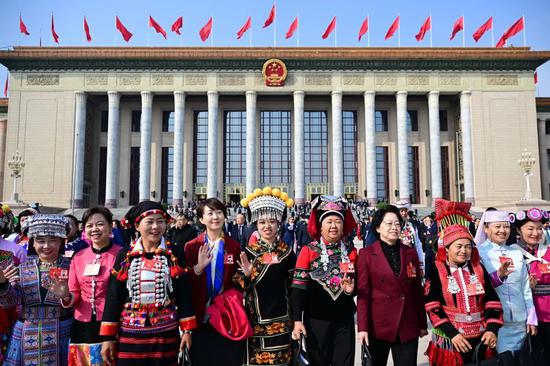
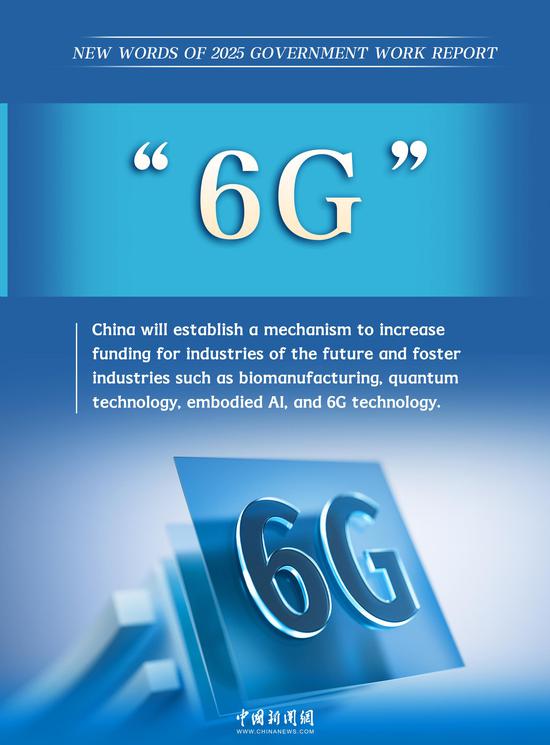
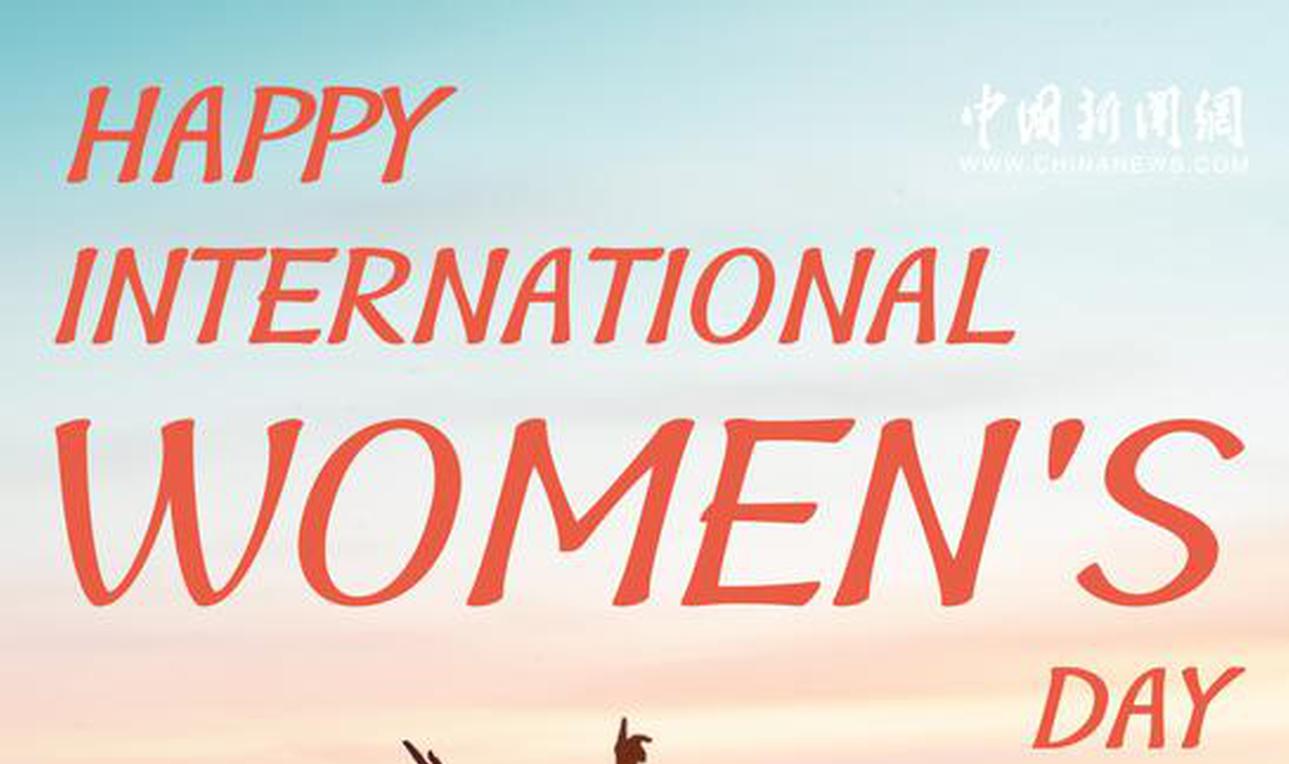
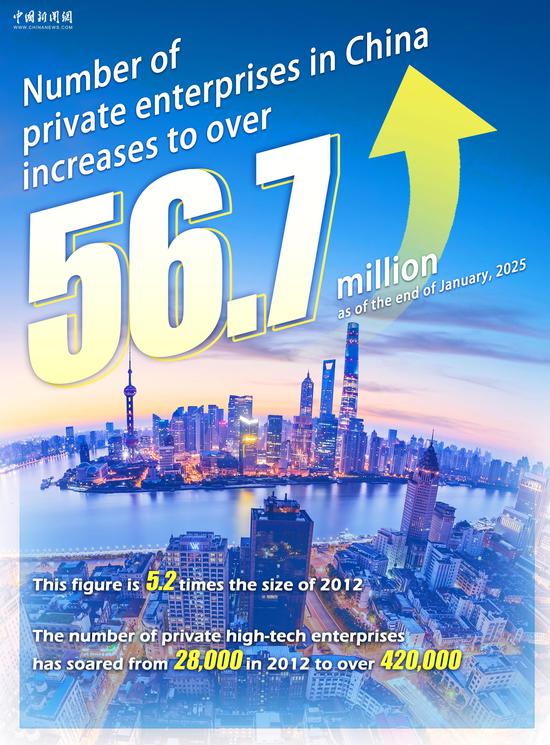
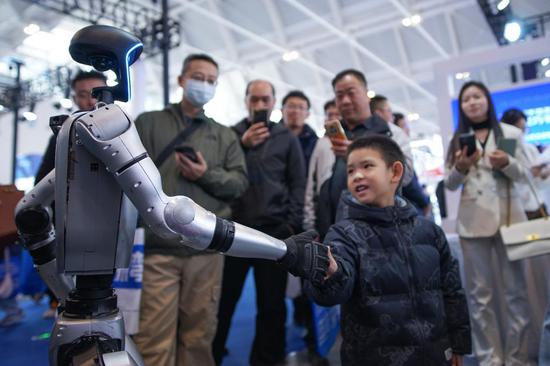

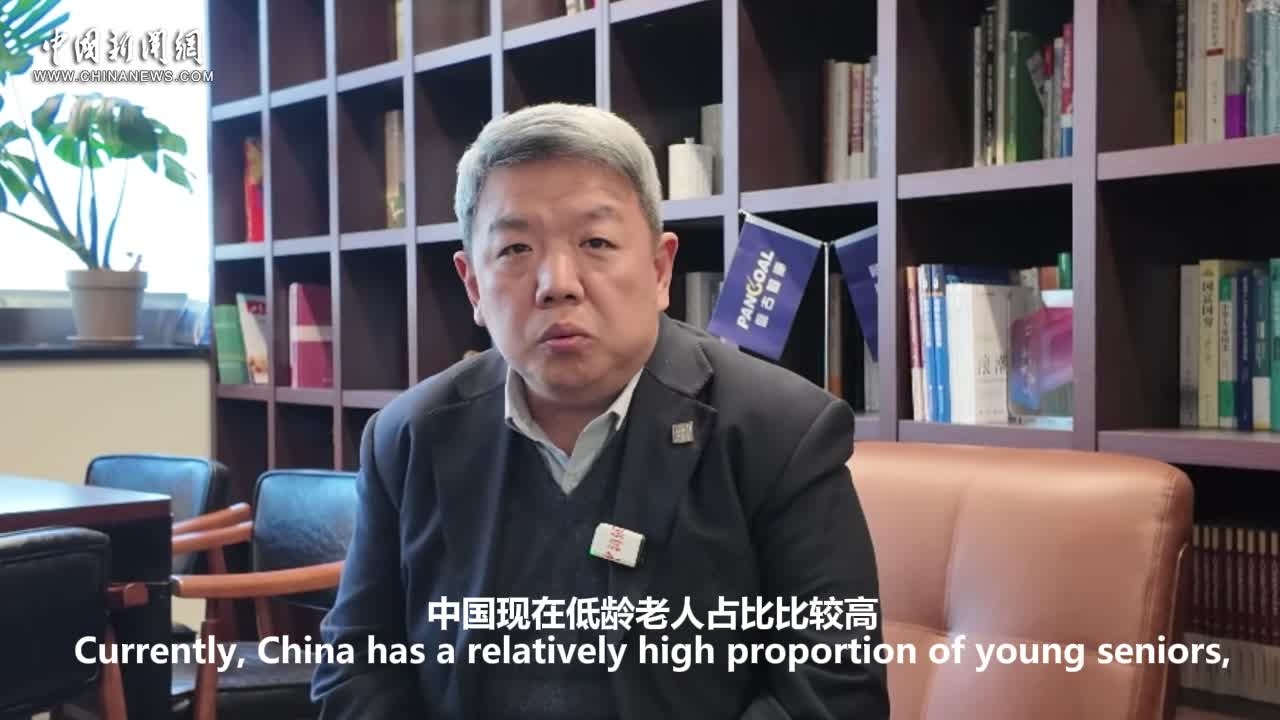



 京公網(wǎng)安備 11010202009201號
京公網(wǎng)安備 11010202009201號